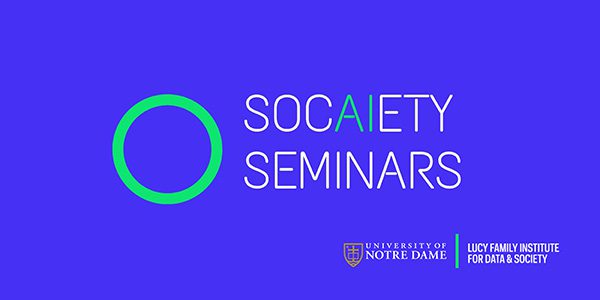Fukushima – Resilience, Recovery, and Redemption
Sunday, August 27, 2023 8:00 am EST
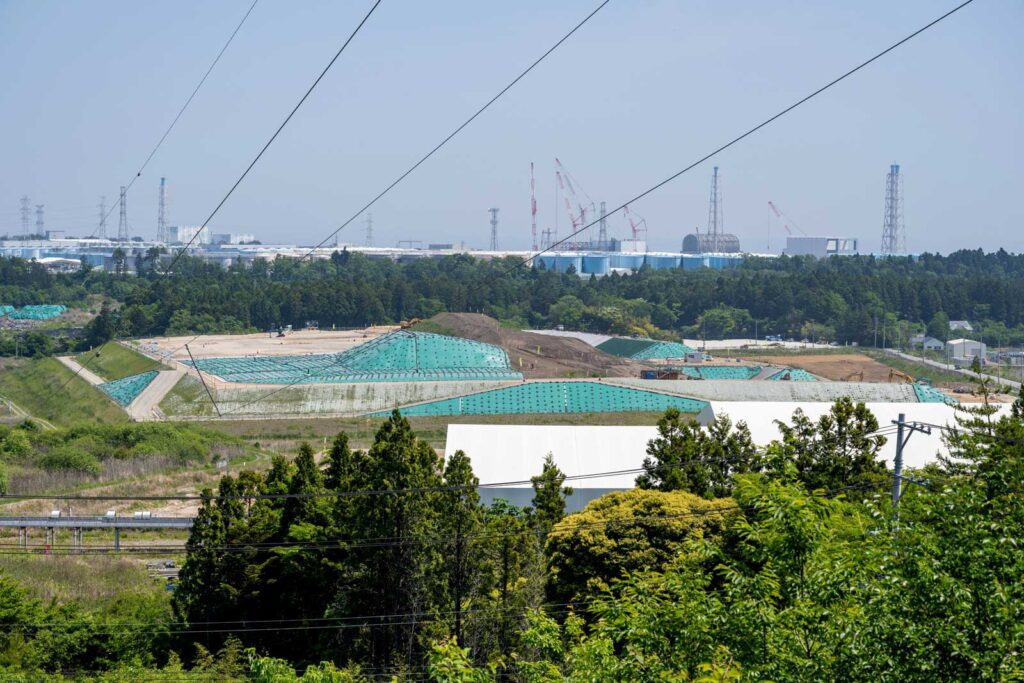
On March 11, 2011, the Fukushima coastline in eastern Japan experienced a devastating triple disaster. A 9.0-magnitude earthquake, so strong that it shifted the earth’s axis, caused a tsunami that generated 50-foot waves. And even though the tsunami caused most of the 18,500 disaster-related deaths, the most globally recognized disaster is the nuclear meltdown of the Fukushima Daiichi Nuclear Plant, which led to the years long evacuation of 200,000 people in the region.
Even though these disasters occurred more than 12 years ago, their effects linger, and many people in Fukushima are still determining how to rebuild their lives.
In May, a Notre Dame research team of three faculty members, five undergraduate students, and an engineering alumnus visited Japan to examine resilience from multiple perspectives—business, engineering, culture, science, economics and more.
With sponsorship from the Liu Institute for Asia and Asian Studies, the team interviewed Fukushima residents who have returned to their homes; small business owners who are hoping to revitalize the area; mental health professionals who are helping families cope with the lingering trauma of the disasters; and many others who are invested in the renewal of the area.
The team also had the opportunity to tour the Daiichi Nuclear Plant, which is still in the process of being decommissioned, and the evacuation zone of abandoned homes, businesses, and communities.
To learn more about the Environment Justice and Fukushima project and to see more photographs from the visit, please visit the website.
Moderator:
- Michel Hockx, Director, Liu Institute for Asia and Asian Studies, Keough School of Global Affairs
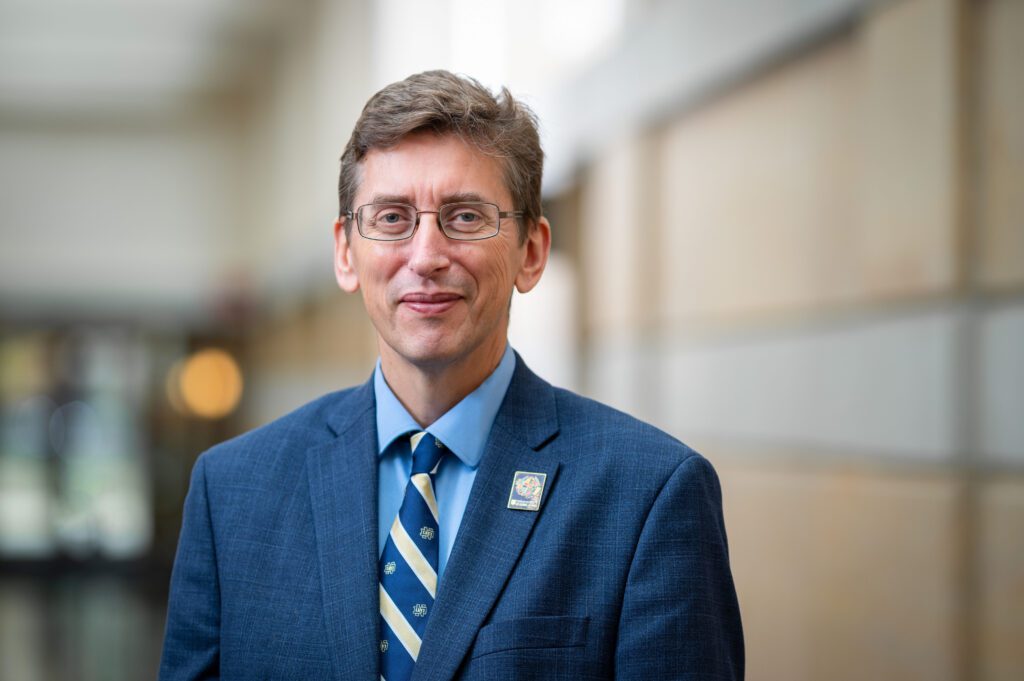
In addition to his administrative role at the Keough School, Hockx is professor of Chinese Literature in Notre Dame’s Department of East Asian Languages and Cultures. Hockx previously served as professor of Chinese and director of the China Institute at SOAS, University of London, where he oversaw a community of 50 China scholars in a dozen disciplinary departments. Hockx studied Chinese language and literature at Leiden University in the Netherlands, where he earned his PhD at Liaoning and Peking universities in China. In addition to his scholarly work he has also been active as a translator of modern Chinese literature into his native Dutch.
Speakers:
- Jessica McManus Warnell, Rex and Alice A. Martin Faculty Director of the Notre Dame Deloitte Center for Ethical Leadership, Management & Organization Teaching Professor, Mendoza College of Business
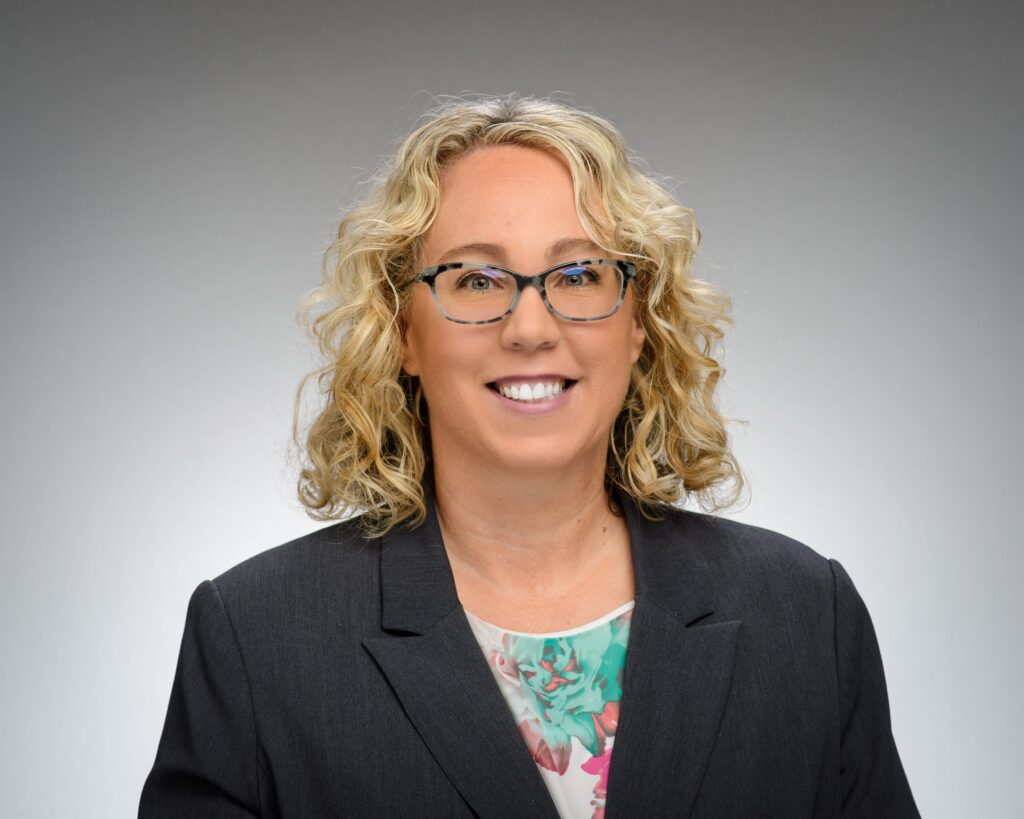
Jessica McManus Warnell teaches undergraduate and MBA courses in business ethics, sustainability, inclusive leadership, managing early career employees, and business and culture in Japan. Jessica is a past recipient of the United Nations Principles for Responsible Management Education (UN PRME) North America Chapter Award for Teaching Excellence. Her current research explores business students’ values orientations, inclusive business and business education, and sustainable businesses and communities, including community and economic recovery in the wake of natural disasters. She served as a visiting teaching and research fellow at Reitaku University near Tokyo, and continues to collaborate with scholars and business executives in Japan. A Faculty Fellow of the Liu Institute for Asia and Asian Studies and of the Pulte Institute for Global Development, and Affiliated Faculty of the Environmental Humanities Initiative, the Gender Studies Program, the Initiative on Race and Resilience, the Environmental Change Initiative (ND-ECI), the Poverty Studies Minor, and the Sustainability Minor, Jessica is the author of Engaging Millennials for Ethical Leadership: What Works for Young Professionals and Their Managers, part of the Giving Voice to Values collection on corporate social responsibility.
- Noriko Hanabusa, Japanese Language Teaching Professor, Department of East Asian Languages and Cultures
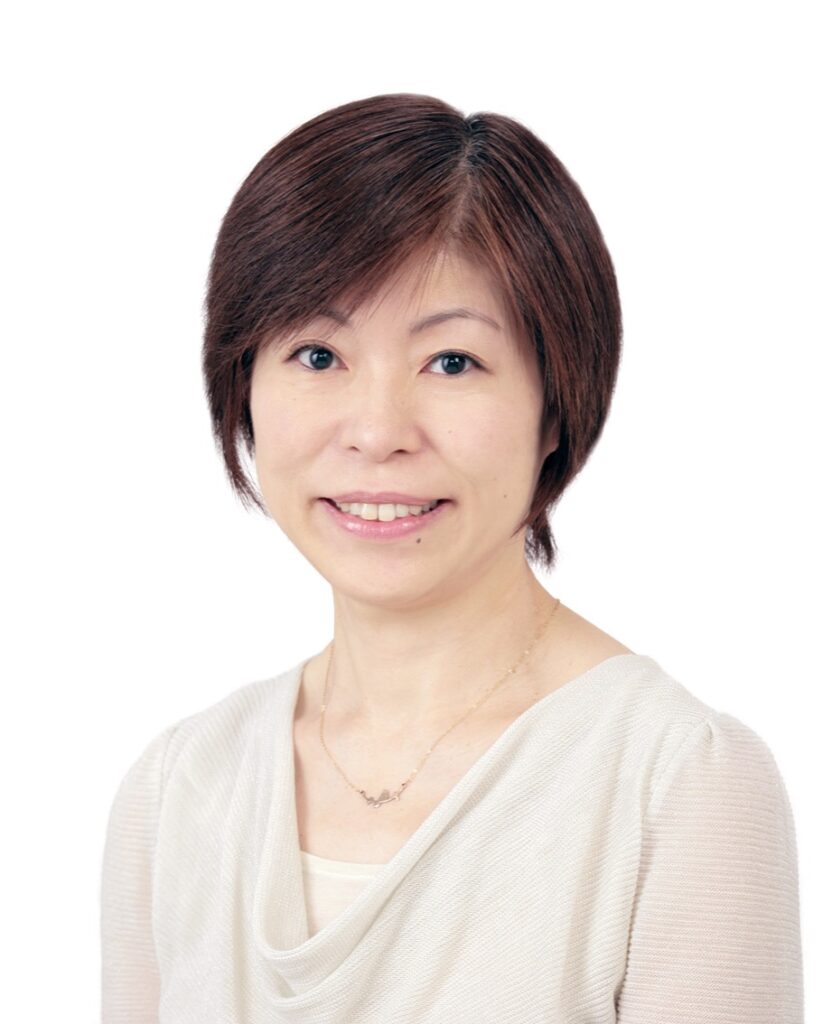
Noriko Hanabusa specializes in Japanese language pedagogy. Her current research interests are Content Based Instruction, Learner’s Autonomy, and Extensive Reading. Her recent publications include Extensive Reading in Japanese vol. I & II (2022), Nakama 1 Student Activities Manual (2010), and the article, “Bridging Japanese Language and Japanese Popular Culture Course”, in Critical Content-Based Language Instruction (2015). She received the Joyce Award for Excellence in Undergraduate Teaching (2009), Kaneb Teaching Awards (1999 & 2005), and the Award for Outstanding Service to the Center for the Study of Languages & Cultures (2015). Over the summers, she teaches at Princeton in Ishikawa, Hokkaido International Foundation, and Middlebury College Japanese School.
- Robert Wachter ’21, Associate Consultant and Water Resources Engineer at civil engineering firm WSP USA
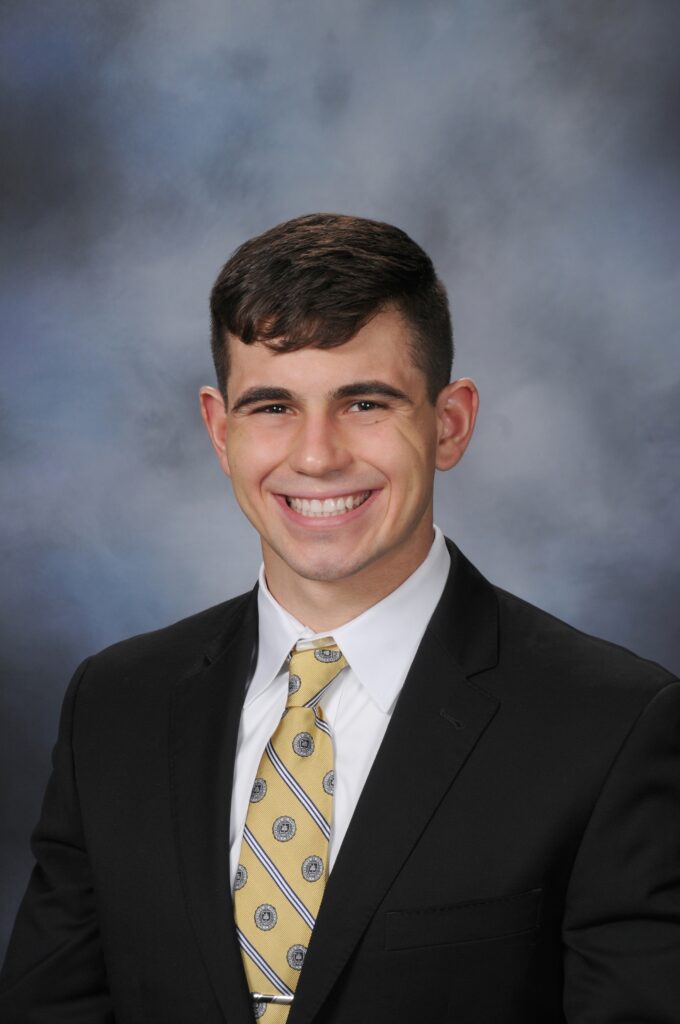
Robert Wachter ’21 is an associate Consultant and water resources engineer with experience in stream and wetland restoration/mitigation projects, flood protection and storm resiliency projects, NJDEP Air, Flood Hazard Area and Wetland Permitting, utility design, landfill mitigation, and roadway reconstruction design. Wachter holds a B.S. in Environmental Engineering with a minor in Resiliency and Sustainability of Engineering Systems from the University of Notre Dame in South Bend, IN and a B.S. in Environmental Science from King’s College in Wilkes-Barre, PA.
Additional Resources:
- John J. Reilly Center for Science, Technology, and Values
- Real Fukushima Tours
- Futubaya Ryokan
- article: Allan Njomo presents Fukushima research at the 31st annual Association for Practical and Professional Ethics International Conference
- article: Winter session course focuses on Fukushima disaster and recovery
- video: Anthropocene Lessons from Japanese History
Earth history and human history have converged in the Anthropocene, but scientists and historians rarely work together. Julia Thomas, associate professor in the Department of History and a faculty fellow of the Liu Institute for Asia and Asian Studies, describes her experiences working with geologists and Earth System scientists. After defining “Anthropocene,” Thomas will discuss how history–particularly the history of early modern Japan–might provide clues for building more resilient societies, ones based not on modernity’s promises of freedom and growth but on more modest hopes for sustainability with decency. As an intellectual historian of Japan, Thomas teaches and writes about concepts of nature and the Anthropocene, political thought, historiography, and photography as a political practice.


